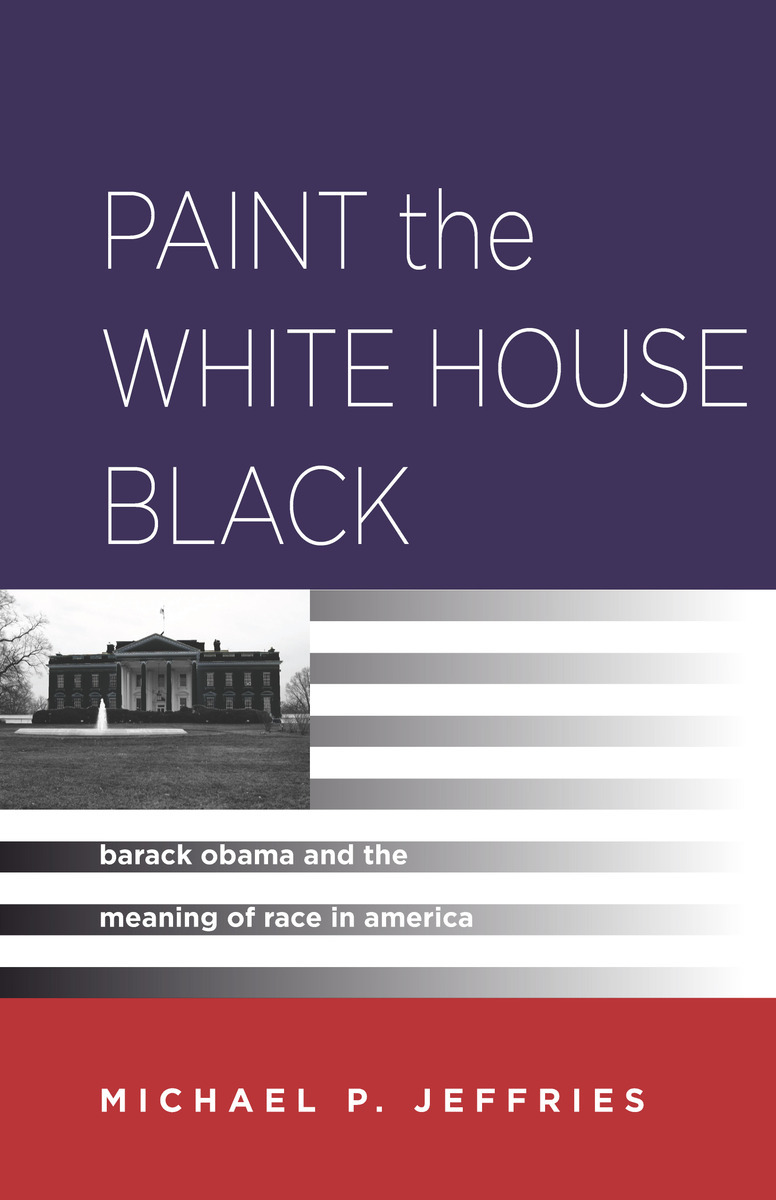Amalgamation Schemes: Antiblackness and the Critique of MultiracialismPosted in Books, Communications/Media Studies, Media Archive, Monographs, Politics/Public Policy, Social Justice, Social Science, United States on 2013-02-04 18:14Z by Steven |
Amalgamation Schemes: Antiblackness and the Critique of Multiracialism
University of Minnesota Press
2008
328 pages
6 x 9
Paper ISBN: 978-0-8166-5105-4; ISBN-10: 0-8166-5105-1
Cloth ISBN: 978-0-8166-5104-7; ISBN-10: 0-8166-5104-3
Jared Sexton, Associate Professor of African American Studies and Film & Media Studies
University of California, Irvine
Questions the ramifications of multiracialism for progressive social change.
Despite being heralded as the answer to racial conflict in the post–civil rights United States, the principal political effect of multiracialism is neither a challenge to the ideology of white supremacy nor a defiance of sexual racism. More accurately, Jared Sexton argues in Amalgamation Schemes, multiracialism displaces both by evoking long-standing tenets of antiblackness and prescriptions for normative sexuality.
In this timely and penetrating analysis, Sexton pursues a critique of contemporary multiracialism, from the splintered political initiatives of the multiracial movement to the academic field of multiracial studies, to the melodramatic media declarations about “the browning of America.” He contests the rationales of colorblindness and multiracial exceptionalism and the promotion of a repackaged family values platform in order to demonstrate that the true target of multiracialism is the singularity of blackness as a social identity, a political organizing principle, and an object of desire. From this vantage, Sexton interrogates the trivialization of sexual violence under chattel slavery and the convoluted relationship between racial and sexual politics in the new multiracial consciousness.
An original and challenging intervention, Amalgamation Schemes posits that multiracialism stems from the conservative and reactionary forces determined to undo the gains of the modern civil rights movement and dismantle radical black and feminist politics.
Table of Contents
- Introduction: On the Verge of Race
- 1. Beyond the Event Horizon: The Multiracial Project
- 2. Scales of Coercion and Consent: Sexual Violence, Antimiscegenation, and the Limits of Multiracial America
- 3. There Is No (Interracial) Sexual Relationship
- 4. The Consequence of Race Mixture
- 5. The True Names of Race: Blackness and Antiblackness in Global Contexts
- Notes
- Works Cited
- Index


